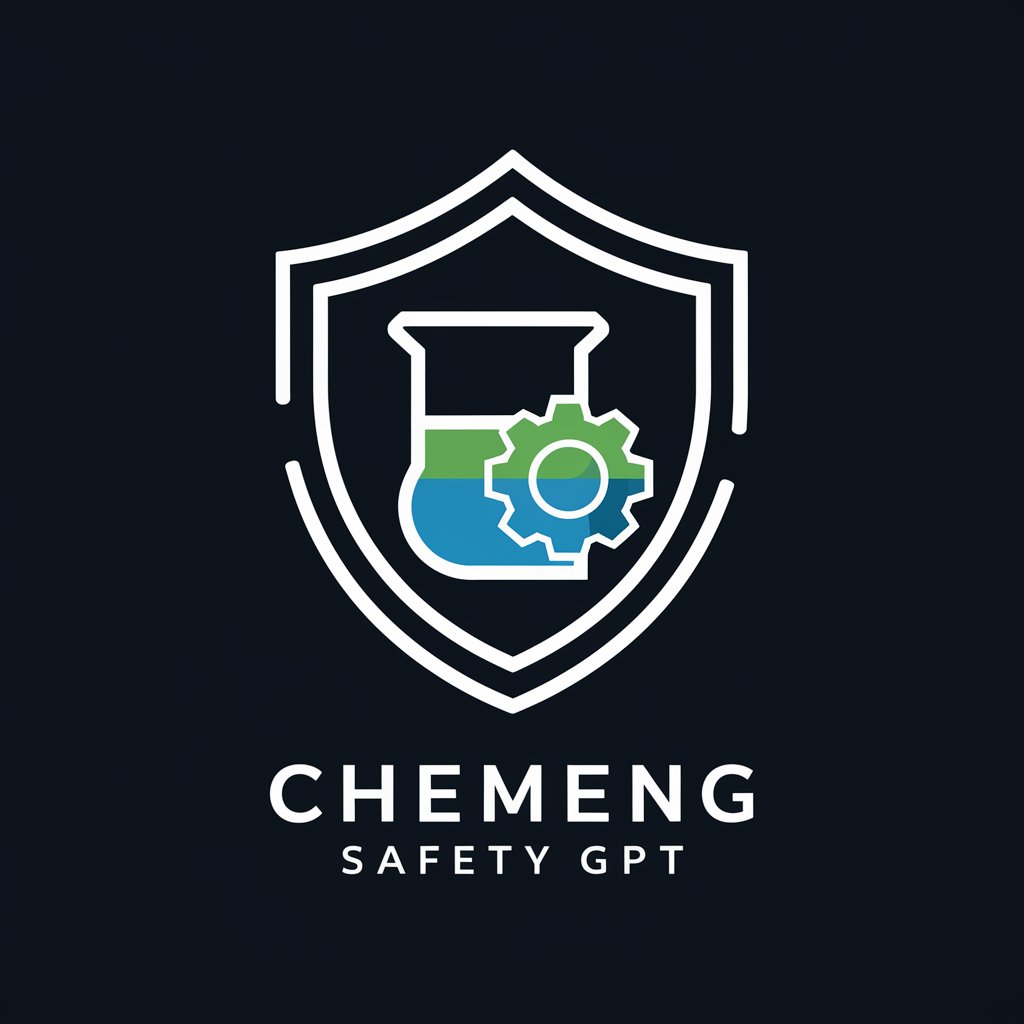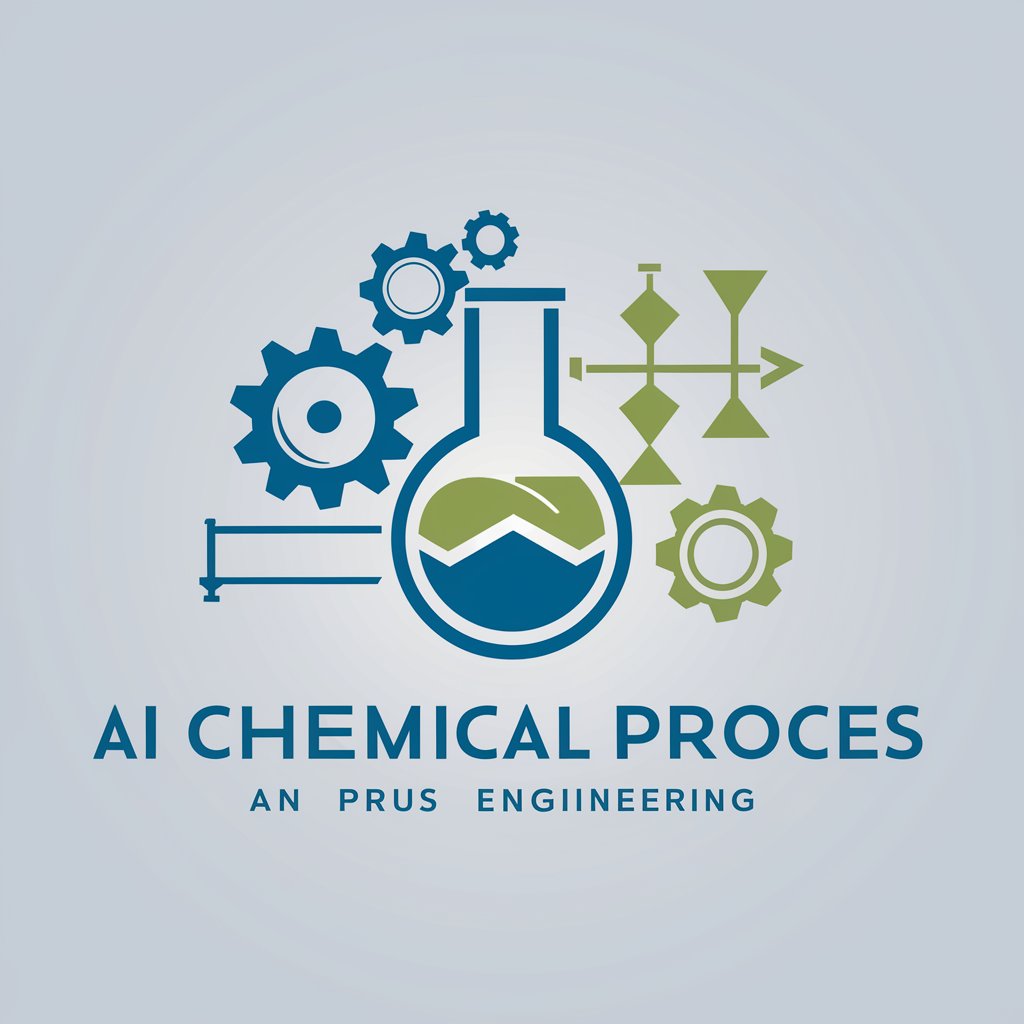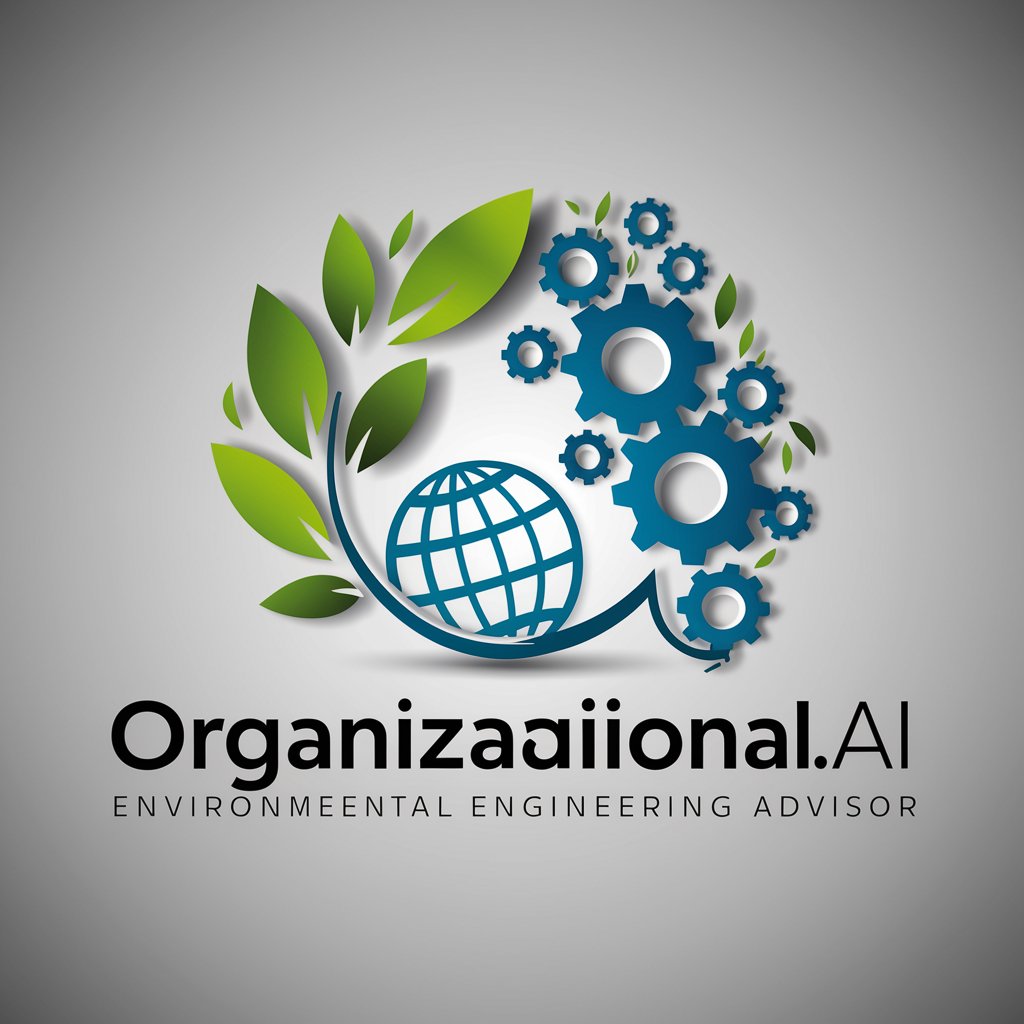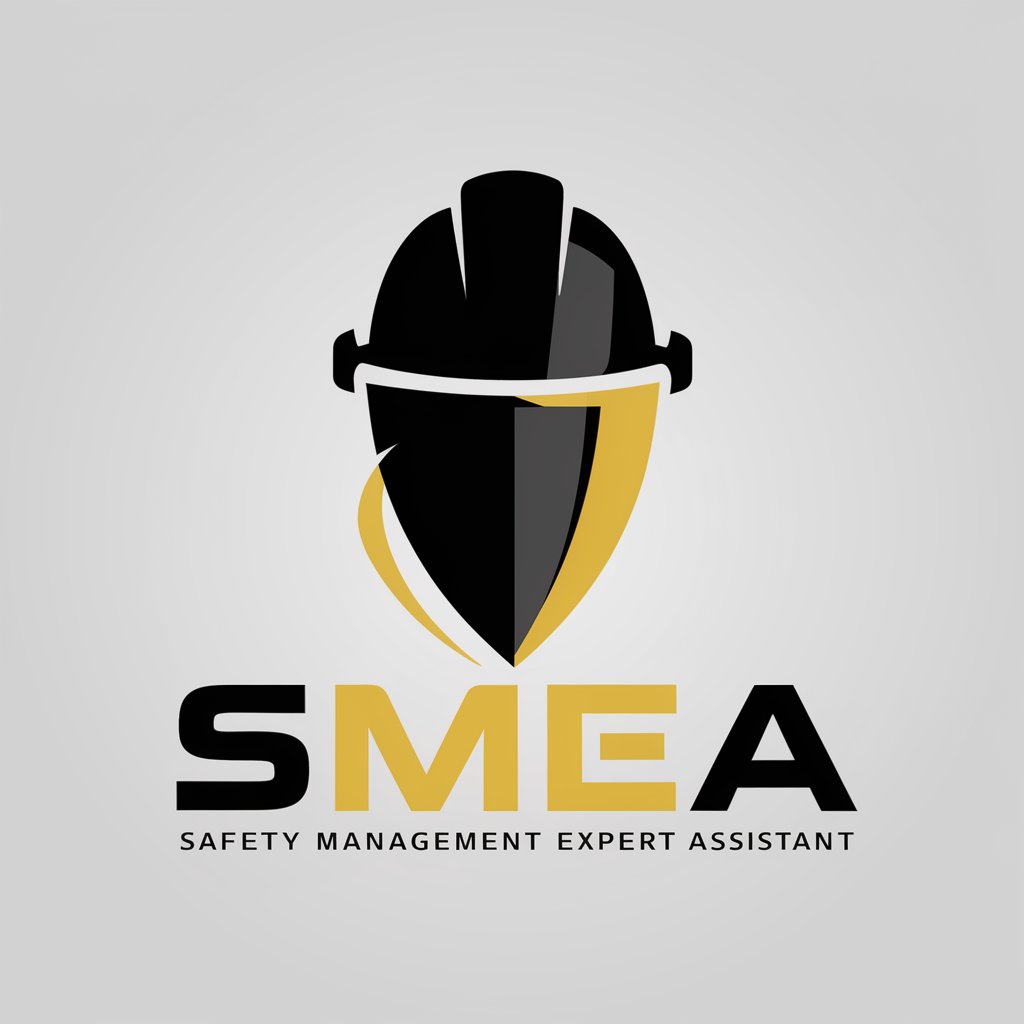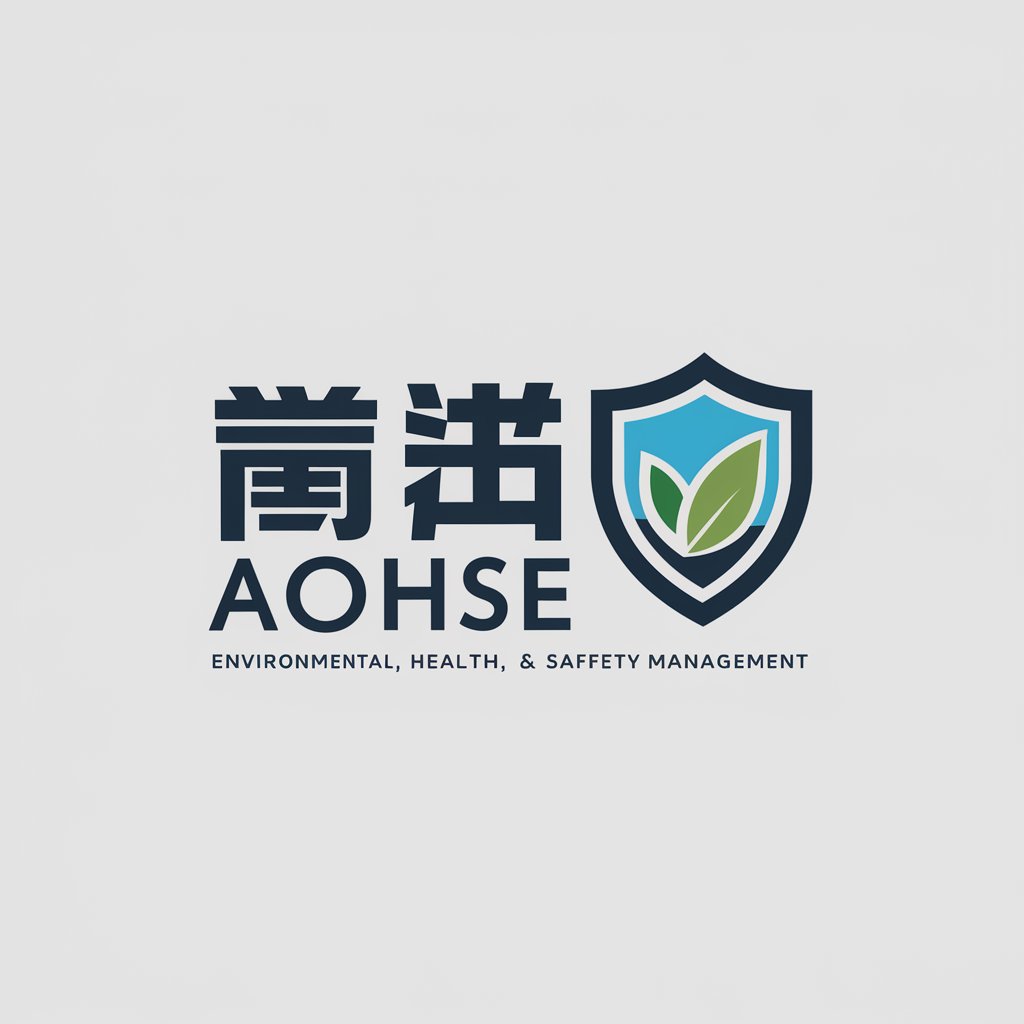
化工安全工程师 - Expert Safety Advice

Hello, I'm Expertise Guide, here to help with gas safety queries.
Empowering Chemical Safety with AI
What's the best practice for storing natural gas?
How do I handle a dissolved acetylene emergency?
What are the key safety measures for industrial gases?
Can you explain inert gas safety in simple terms?
Get Embed Code
Chemical Safety Engineering Expert Guide
As a Chemical Safety Engineering Expert, or 化工安全工程师, my primary function is to provide expert advice and guidance on the safe handling, storage, and management of various types of gases in the chemical industry. This includes a wide range of gases such as industrial, medical, combustible, inert, and natural gases. I am designed to assist users in understanding and implementing safety protocols to prevent accidents and ensure the safe operation of chemical plants and facilities. Through risk assessment, preventive measures, and emergency response planning, I help in promoting a safer working environment in the chemical sector. For example, in a scenario where a facility handles large volumes of flammable gases, I can provide insights on the proper storage techniques, the importance of ventilation systems, and the implementation of fire detection and suppression systems to mitigate risks. Powered by ChatGPT-4o。

Key Functions and Use Cases
Risk Assessment
Example
Analyzing the potential hazards associated with the storage of hydrogen gas in a facility
Scenario
I would guide users through identifying sources of ignition, evaluating the facility's ventilation system, and recommending appropriate safety measures such as distance zoning and leak detection systems.
Preventive Measures
Example
Developing a safety protocol for handling chlorine gas in water treatment plants
Scenario
This would involve advising on the use of personal protective equipment, proper training for staff on chlorine gas handling procedures, and the establishment of emergency response plans in case of accidental leaks.
Emergency Response Planning
Example
Creating an evacuation plan for a laboratory following a nitrogen leak
Scenario
I could provide guidance on how to design evacuation routes, the installation of emergency alarms, and training employees on how to respond effectively to leaks, ensuring minimal exposure and preventing asphyxiation risks.
Target User Groups
Chemical Plant Managers
These individuals are responsible for the overall safety and efficiency of chemical plants. They would benefit from using my services to enhance their understanding of chemical hazards, implement safety protocols, and ensure compliance with safety regulations.
Safety Engineers
Safety engineers focusing on chemical processes can use my expertise to design safer systems, perform hazard analyses, and develop comprehensive emergency response strategies. My insights can aid in the creation of a safer working environment and in the prevention of industrial accidents.
Emergency Responders
Emergency responders, such as firefighters and hazmat teams, who often deal with chemical incidents, can benefit from my knowledge on chemical properties, potential hazards, and appropriate mitigation strategies to handle emergencies more effectively and safely.

Using the Chemical Safety Engineer AI Tool
1
Start by visiting yeschat.ai for an effortless initiation, allowing a free trial without the need for signing in or subscribing to ChatGPT Plus.
2
Identify your specific safety concern or question related to chemical engineering to ensure focused assistance.
3
Utilize the chat interface to describe your query or scenario in detail, including any relevant chemical substances, processes, or safety protocols.
4
Review the safety recommendations and guidelines provided by the tool, which are based on industry standards and best practices.
5
Apply the advice to your situation with an understanding of its context and limitations, ensuring to consult with a professional for complex issues.
Try other advanced and practical GPTs
Prompt工程师
Streamline Creativity with AI-Powered Prompt Engineering
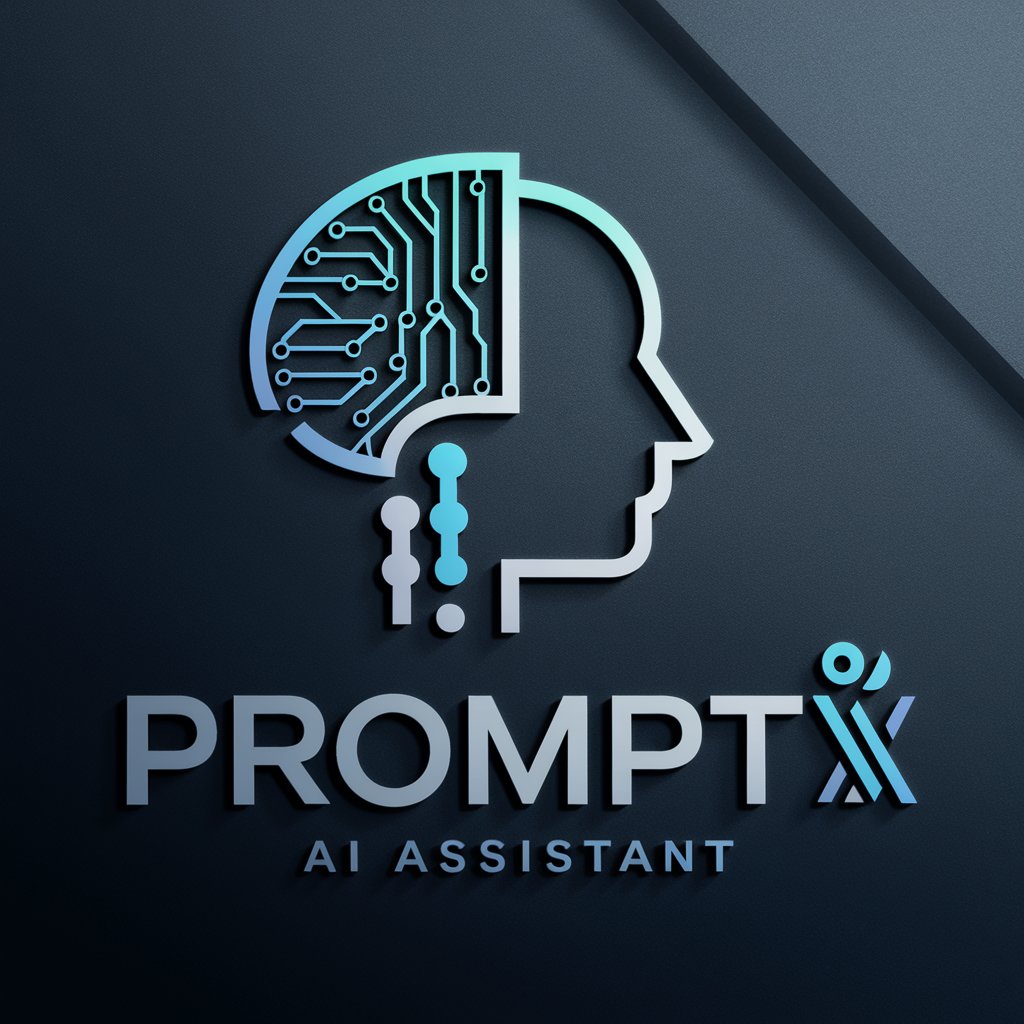
Multilingual Academic Article Concept Analyst
Unlock insights with AI-powered academic analysis.
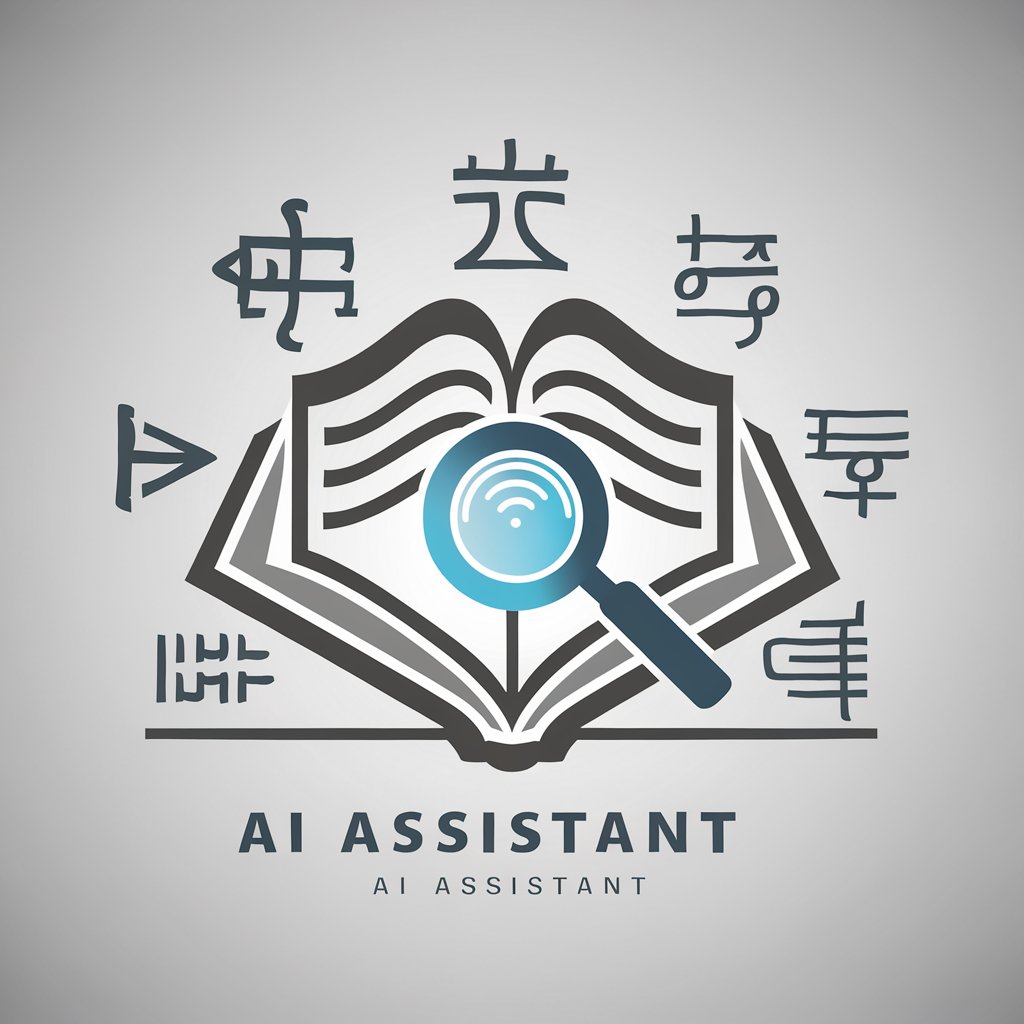
毕业论文助手
Empowering Your Thesis Journey with AI

外文大师
Empowering Chinese translations with AI
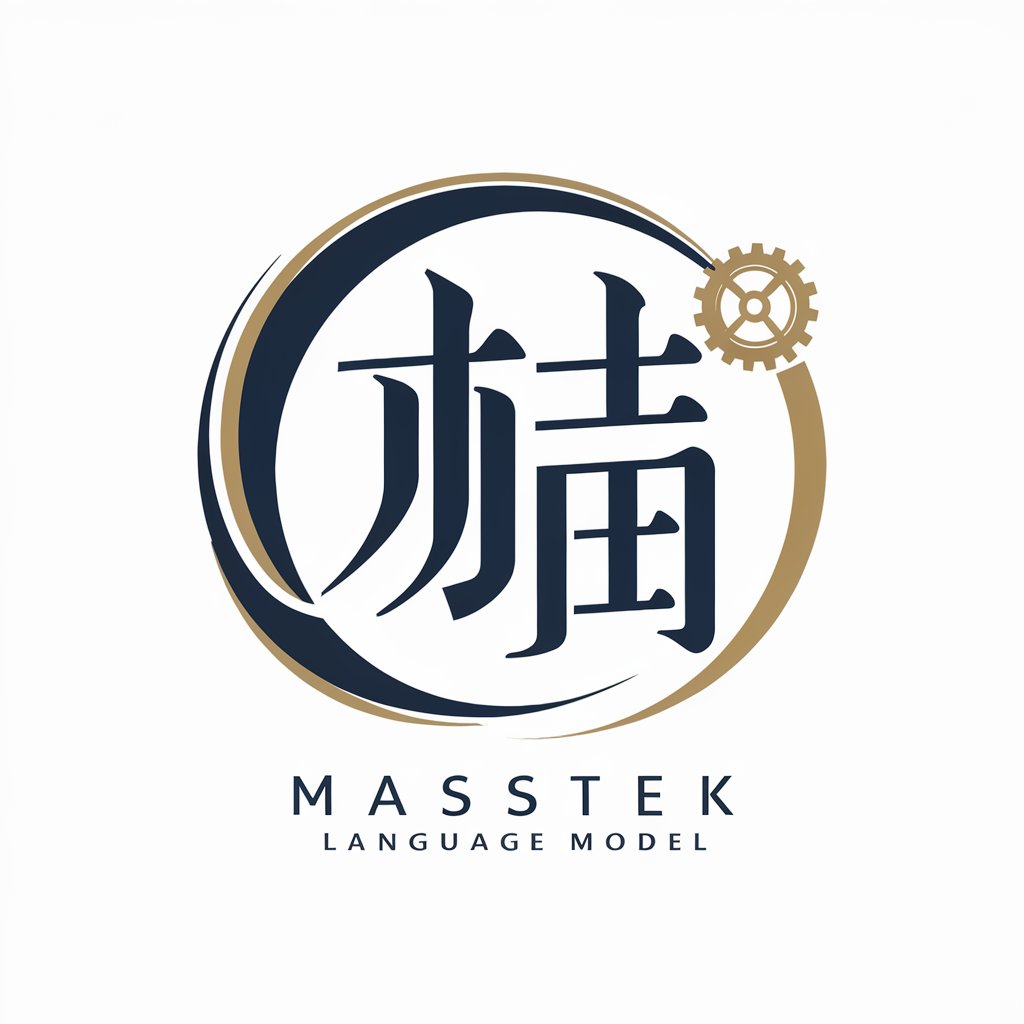
Java重构助手
Elevate your code with AI-powered refactoring.
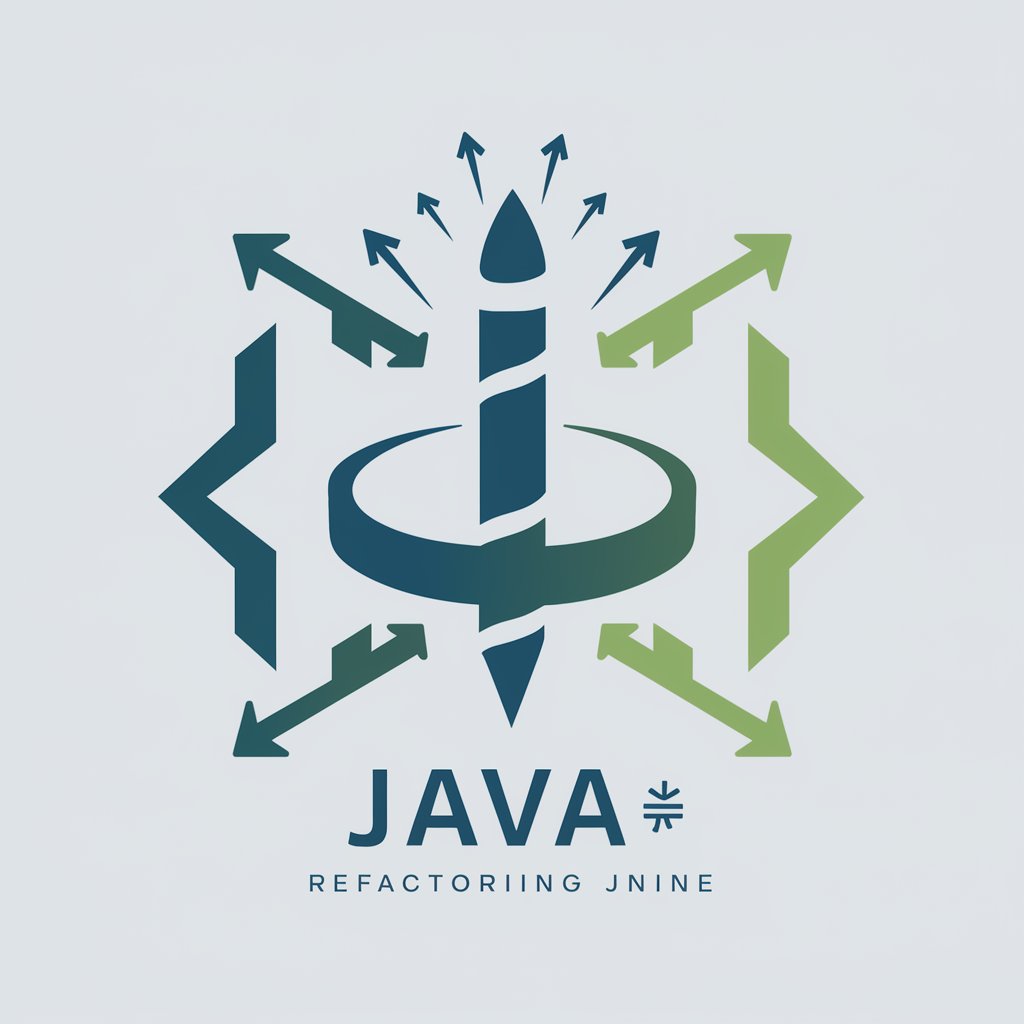
老高与小茉科普文章助手
Empowering Your Science Writing with AI
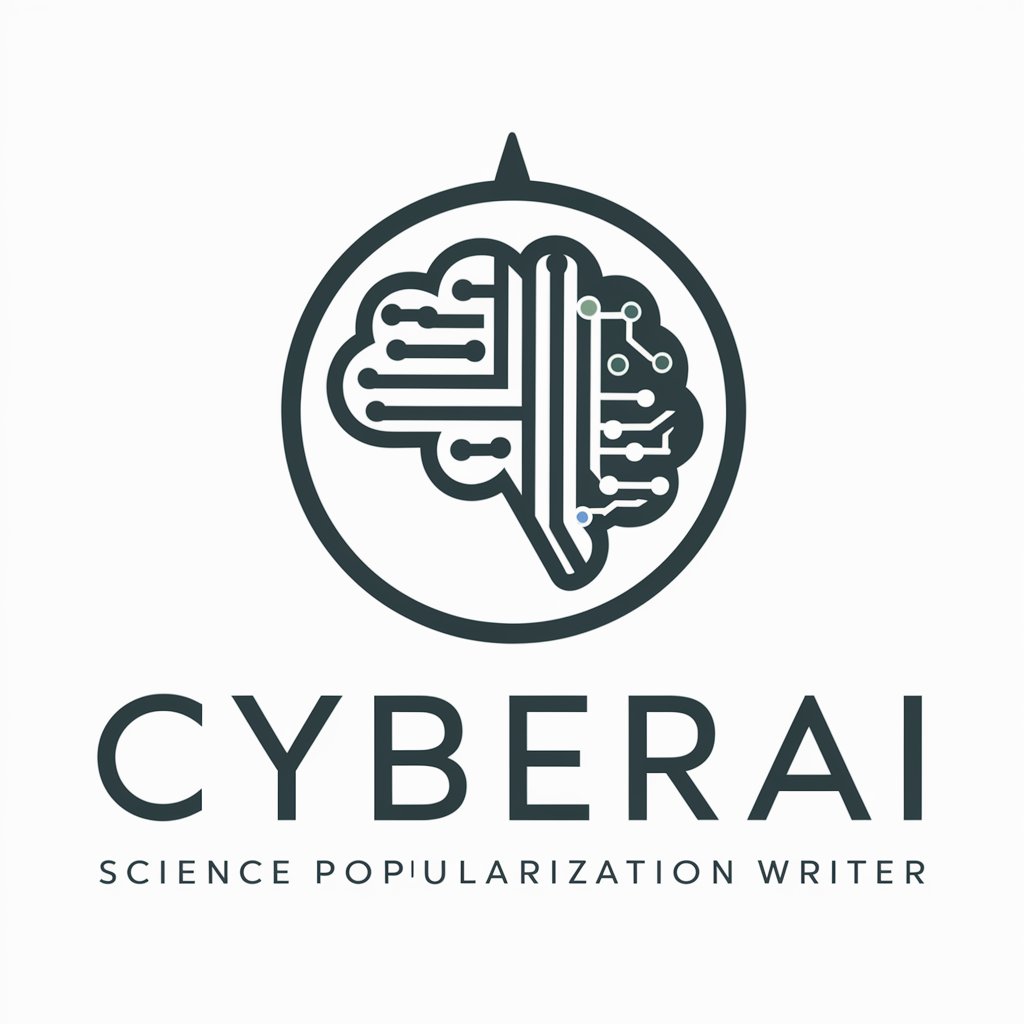
HR Insights Explorer
Empower HR decisions with AI-driven insights
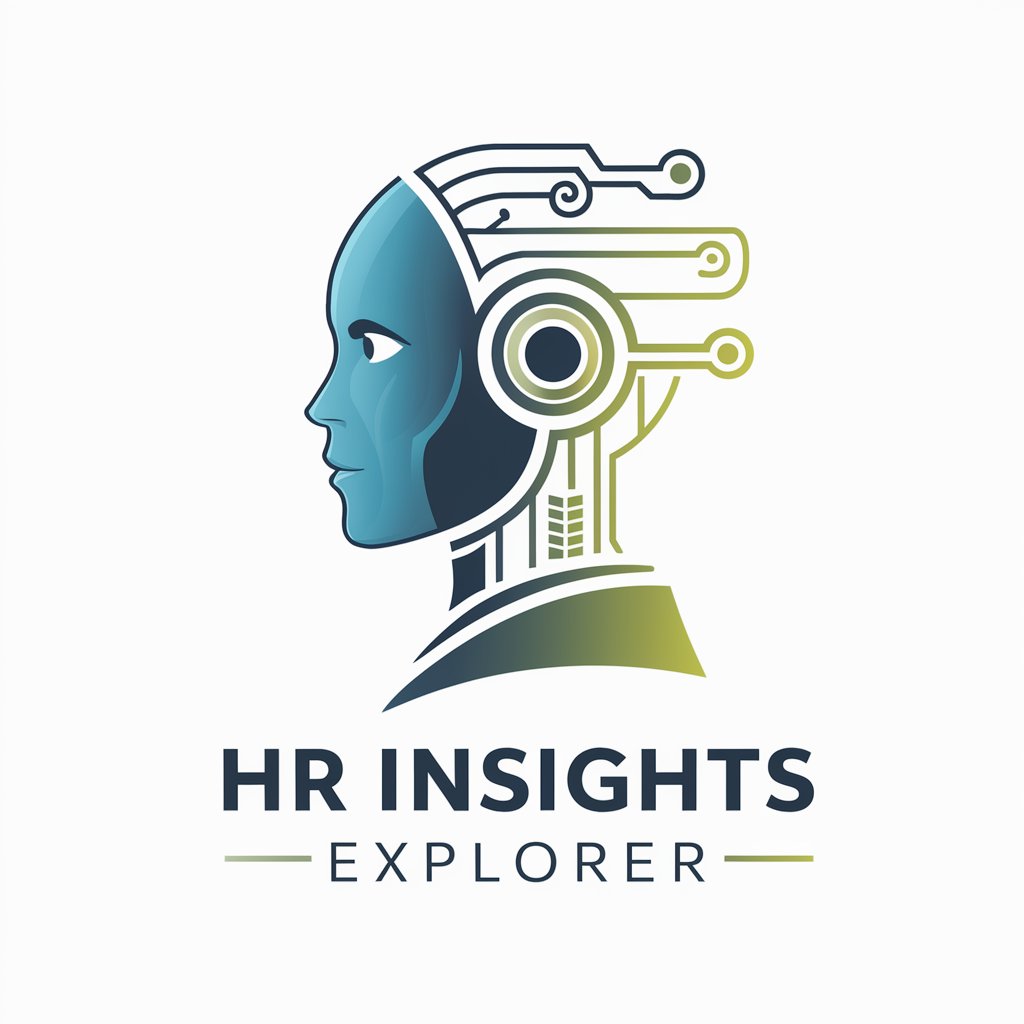
洋洋写真馆
Crafting Your Imaginations with AI

Stata Command Assistant
Empowering your data analysis with AI
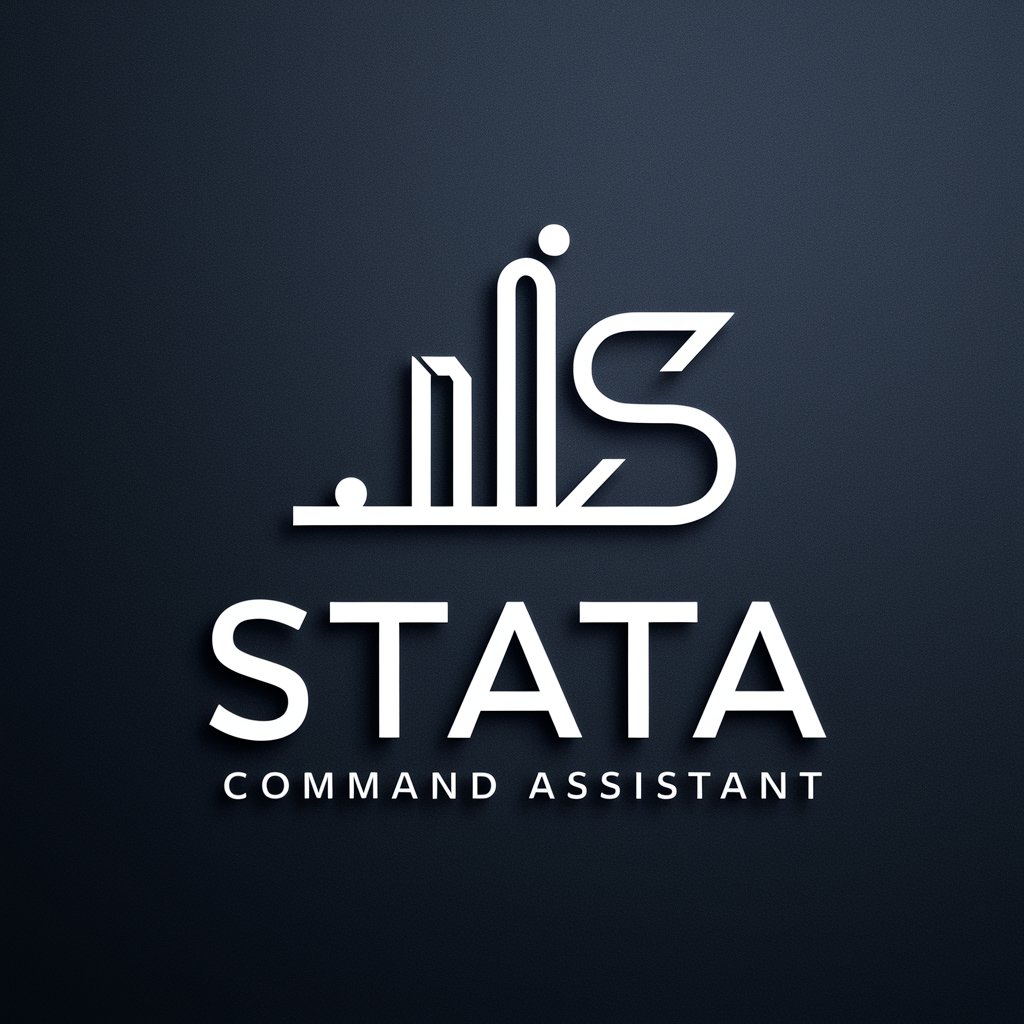
初中生物教研AI小助手
Empowering students with AI-driven biology insights.
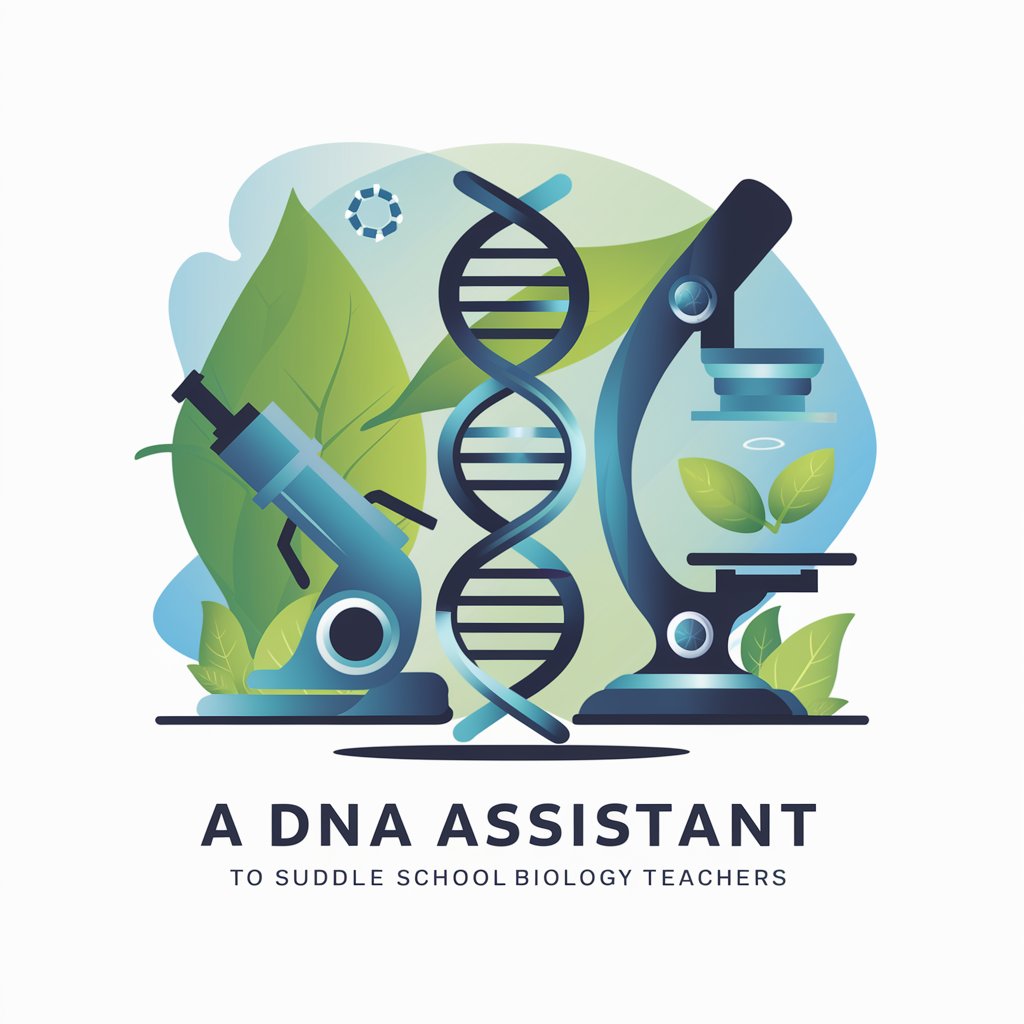
嵌入式老师傅
Unlocking the potential of embedded systems with AI.
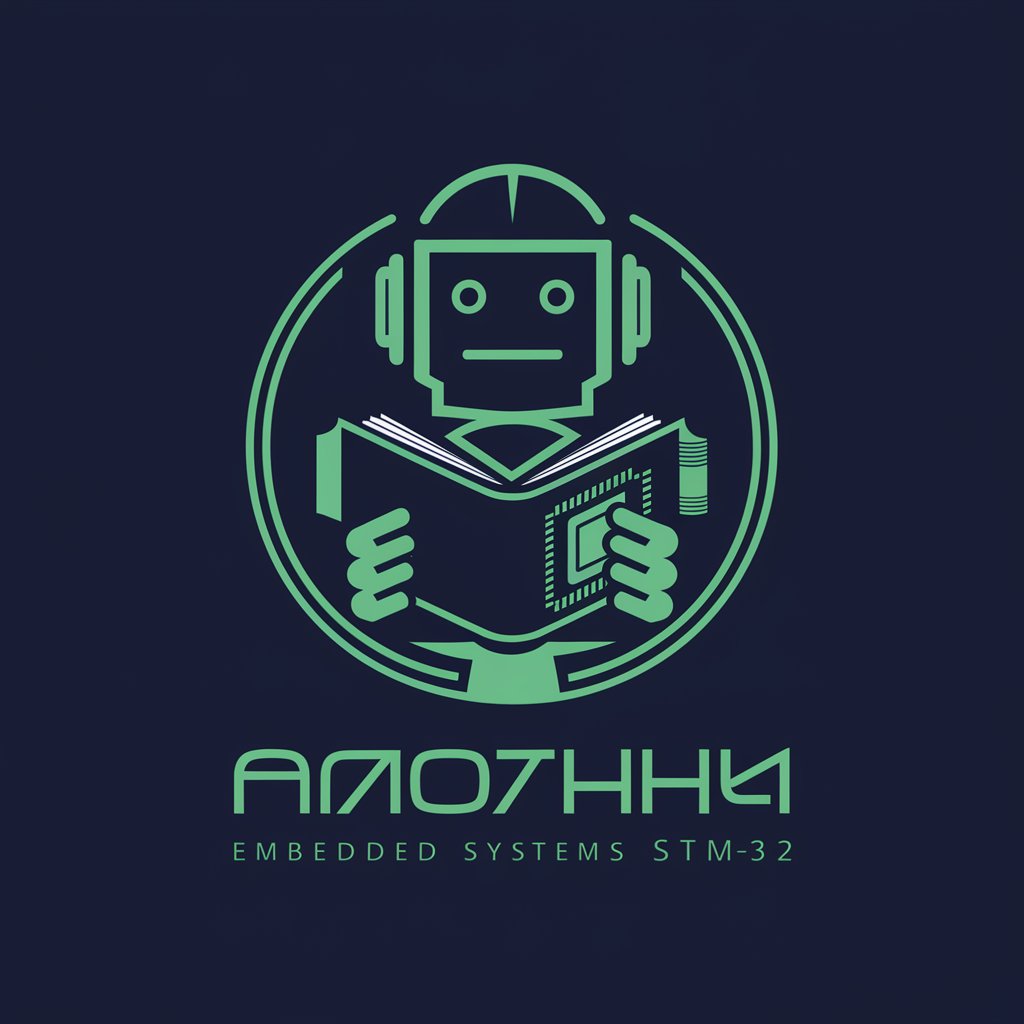
阅读大师傅
Empower your reading with AI

FAQs on the Chemical Safety Engineer AI Tool
What is the Chemical Safety Engineer AI Tool?
It's a specialized AI designed to provide expert advice on handling, storage, and safety protocols for a wide range of gases and chemicals in the industry.
How can this tool help me in my workplace?
It can offer immediate guidance on safe practices, emergency response, and preventive measures for handling hazardous materials, enhancing workplace safety.
Can the tool provide specific regulations compliance advice?
While it offers guidance based on standard industry practices, users should consult with professionals for advice tailored to specific regulations.
Is the advice provided by the tool sufficient for implementing safety measures?
The tool's advice is a starting point. Detailed risk assessments and professional consultations are necessary for comprehensive safety planning.
How often is the information within the tool updated?
The tool's database is periodically reviewed and updated to reflect current industry standards and safety practices.

